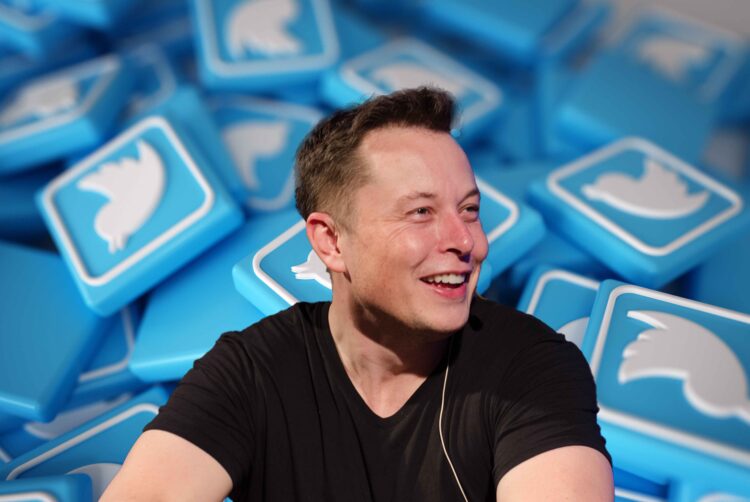Misinformation spreaders surge on Twitter after Musk takeover

In the week following Elon Musk’s takeover of Twitter late last month, popular misinformation-spreading Twitter accounts saw a 57.04% increase in engagement on the platform in the form of likes and retweets.
That is according to findings from online news trustworthiness company NewsGuard.
Since Musk has taken over the social media company, he has cut staff to half, let go of thousands of contract workers, and overseen an exodus of key executives. Among them, last week head of trust and safety Yoel Roth announced he had resigned.
In response, advertisers, which make up over 90% of Twitter’s revenue, have been concerned over whether the platform is safe for brands given the decrease in manpower at the company, increase in hateful speech, and supposed interest in weakening content moderation practices.
Between 27 October and 3 November, tweets posted by the 25 most-followed Twitter accounts that are tracked by NewsWhip, a social media monitoring company, and linked to publishers that NewsGuard has assessed as repeatedly spreading false information, garnered 3.1 million likes and retweets. That is compared to just 1,983,953 likes and retweets the week prior to Musk’s acquisition.
Key websites that have benefited and that NewsGuard labels as “untrustworthy” include: healthcare hoax site Mercola.com, which has published numerous false claims related to vaccines and Covid-19 (+1,966% engagement); Covid-19 misinformation site DrNorthup.com (+1,017% engagement); conservative radio host, election denier, and Covid misinformation spreader Wayne Dupree (+309% engagement); far-right commentator Sebastian Gorka’s website SebGorka.com (+246% engagement); left-wing news outlet and forum DailyKos.com (+135% engagement); Turning Point USA co-founder and far-right commentator Charlie Kirk’s website CharlieKirk.com (+110% engagement); and right-wing digital and cable news outlet Newsmax.com (+82% engagement).
NewsGuard’s analysis found that the untrustworthy accounts associated with those websites are tweeting only marginally more often since Musk took over, implying that the increase in engagement cannot be solely attributed to an uptick in overall activity.
Meanwhile, Twitter accounts linked to sources NewsGuard rates as highly trustworthy did not enjoy the same boost in interactions during the two-week period, further suggesting that a comparable uptick in engagement did not happen across the platform.
NewsGuard has been criticized by some media advocates on both sides of the political spectrum as mis-labeling sites and outlets as “trustworthy” or “untrustworthy”, despite NewsGuard’s purportedly unbiased methodology for doing so.
Adding to the issue of increased engagement with misinformation, a bevvy of parody accounts have sprung up over the past few days after Elon Musk extended verification to any user willing to pay $8 per month.
Pharmaceutical company Eli Lilly saw its stock decline after a fake account impersonating the company “announced” to would sell insulin for free. Other companies such as Nintendo and Chiquita, as well as celebrities such as LeBron James, have been targeted by humorists and trolls alike.
An account set up by The Washington Post pretending to be Massachusetts Senator Ed Markey prompted the senator to send a letter Musk asking him to put a stop to disinformation on the platform.
After Musk accused Markey’s real account of “sounding like a parody”, Markey replied: “One of your companies is under an FTC consent decree. Auto safety watchdog NHTSA is investigating another for killing people. And you’re spending your time picking fights online. Fix your companies. Or Congress will.”
One of your companies is under an FTC consent decree. Auto safety watchdog NHTSA is investigating another for killing people. And you’re spending your time picking fights online. Fix your companies. Or Congress will. https://t.co/lE178gPRoM
— Ed Markey (@SenMarkey) November 13, 2022




